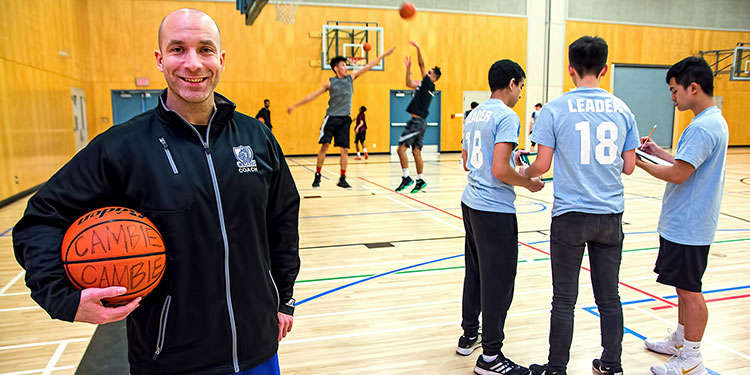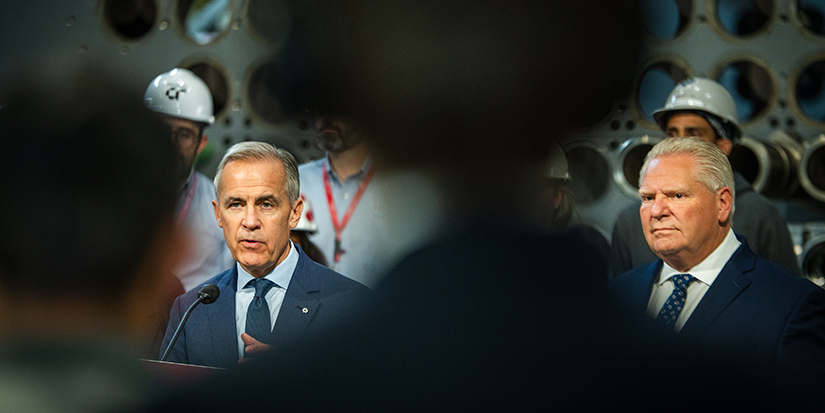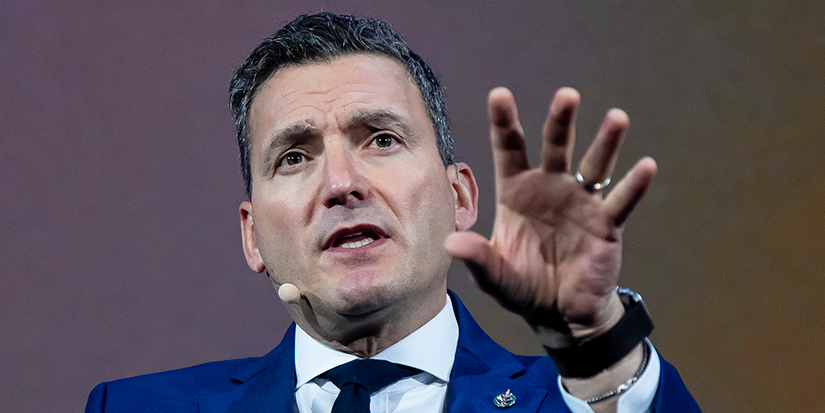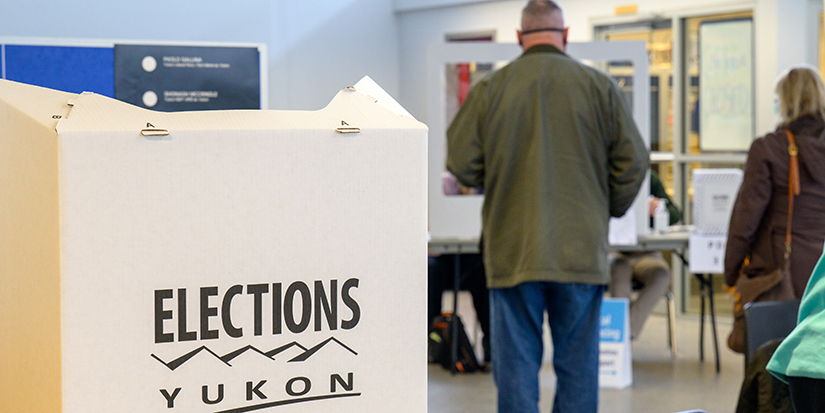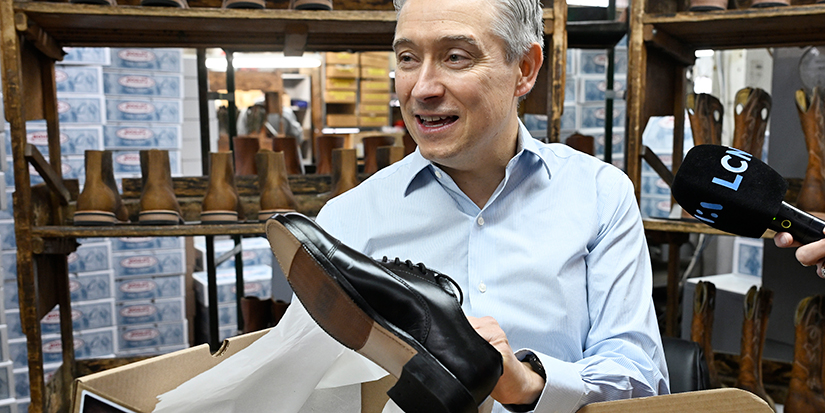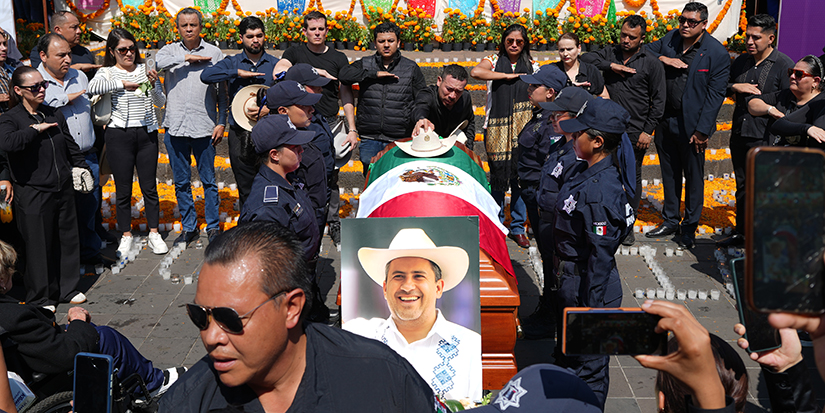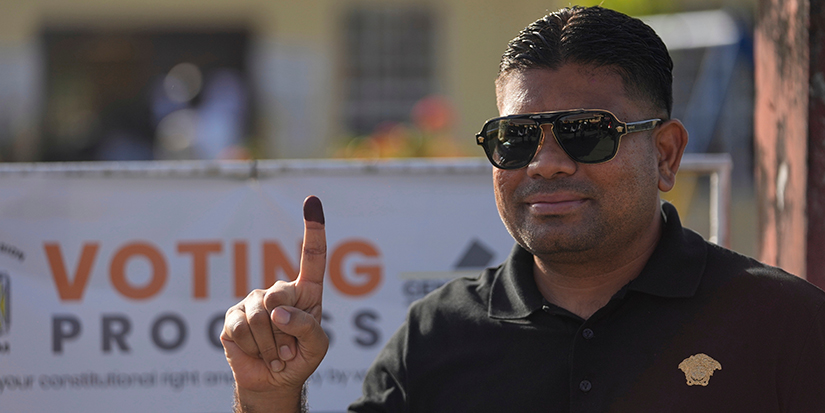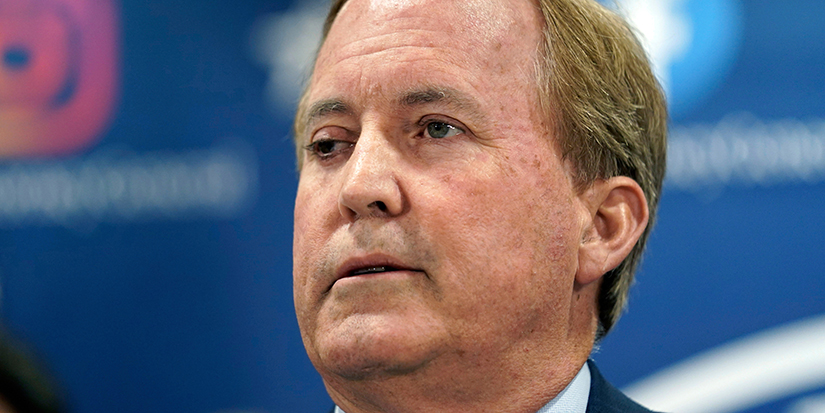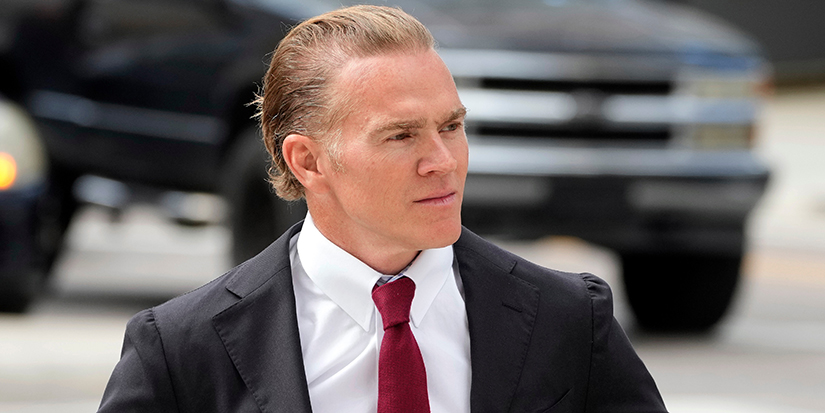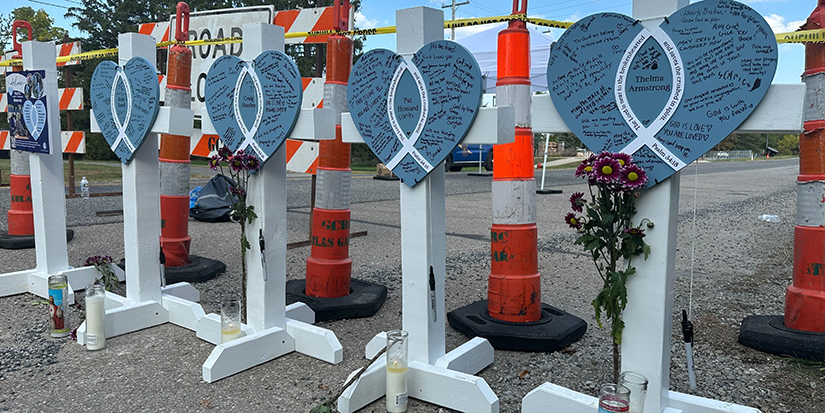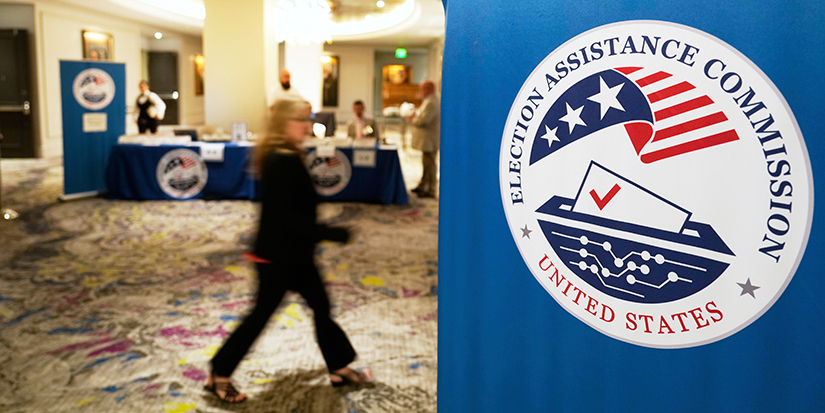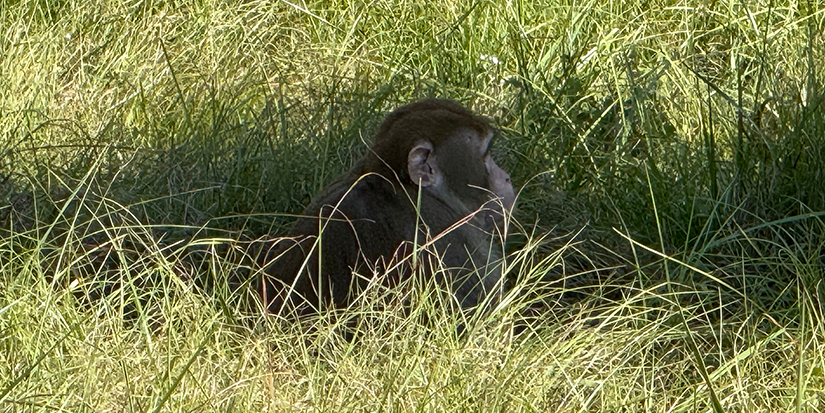Latest News
Teacher inspires students to learn
The kids from the 5-C (an affectionate
student-spawned term for the No. 5 and Cambie roads area) are engaged in a
lesson. This time, however, the basketball court is the classroom.
For teacher and coach Brian Meier, though,
the platform for learning isn’t as important as the methods he employs.
“I try not to simply tell my athletes what to
do, but question them as to why they think we should or should not do
something,” explains Meier, who is proud to be teaching at Cambie Secondary
School, and also coaching the senior boys’ basketball team.
“Learning needs to be something that each
athlete or student needs to own if it is going to stick with them. We reach our
ultimate success by working together, using the strengths of each individual to
create a successful venture.”
Not everyone (on a team) is going to be the
leading scorer, but everyone can find a role to contribute, he says, adding the
classroom is no different.
“Meshing our talents together is what
teamwork is all about,” explains Meier. “Life is no different. When we all work
towards a common goal, and use the strengths of all involved, success will
follow.”
Meier is excited to be overseeing the school’s
Recreation Leadership program which launched 12 years ago. It was the vision of
Paula Charlton who is now vice-principal at Hugh McRoberts Secondary.
“I have continued most of what Charlton
initiated and have slowly added some ideas of my own,” Meier explains. “As
times goes on, the program will slowly evolve and take on the shape of what is
to come.”
Currently, the leadership program is a
thriving entity both within the school and its surrounding community. The
students are required to volunteer a set number of hours within the school and
community each term, but also take on active roles in each.
Some key events the leadership students
oversee are a 24-hour Wake-A-Thon in which they raise money for various
charities; Terry Fox Run; and ACT (Acceptance, Community and Tolerance) Day on
Feb. 28. Students also organize an annual conference for incoming Grade 7
students, and athletic tournaments. Some of the Grade 12s have even taken the
initiative to collect used iPods to a seniors care facility, create playlists
for those with Alzheimers, raised money for food to make care packages for the
homeless, and organize free sports programs for youth.
Meier says another way the students try to
connect is by working directly with the incoming Grade 8s, setting a positive
tone for their high school experience.
“The example set by the Leadership students
as active members visible in the school environment is one that sets the tone
for the incoming Grade 8s,” Meier says. “The Grade 8s see the Grade 11 and 12
mentors involved, and hopefully are more likely to take a chance and get
involved as well. I truly think we will see some incredible success stories
coming from this group of students.”
In general, Meier thinks educators need to
teach more skills that are transferable to life outside of high school. He says
most teachers do a great job of teaching skills, but not always how they apply
beyond the classroom. The leadership program, for example, allows students to
work in a variety of settings “so they can pursue avenues they have a passion
for.”
“I see myself as a mentor and advisor,” Meier
says. “I feel that my job is not to tell, but to guide students in a positive
direction. Ultimately, I hope that the students acquire a skill set that allows
them to feel comfortable taking risks. I also hope that the students take with
them a confidence that they can be successful taking charge in a variety of
situations, working with a variety of different people.”
Meier says the most satisfying part of being
a teacher and coach is seeing the success of students and student athletes.
“There really isn’t a whole lot more
rewarding than working with someone who is challenging themselves to be better,”
he says. “I emphasize with both my athletes and my students that on the path to
success, there will be obstacles. However, we need these moments to re-evaluate
what we were doing, and why we are doing it. We need these moments to
appreciate success and to give it value. Ultimately, the moments where we are
not as successful are the turning point moments where we learn the most. Trust
the process.”
Teacher and coach are synonymous in Meier’s
mind. As a coach, he is a teacher of the game. He tries not to simply tell his
athletes what to do, but question them as why or why not they should do
something. Learning, he says, needs to be something each student athlete needs
to own if the lessons are going to stick.
“On the basketball court not everyone will be
the leading scorer, but all players can find a role to contribute that is
invaluable,” Meier says. “The classroom is the same. And life is no different.
When we all work together towards a common goal, and use the strengths of all
involved, success will follow.”
